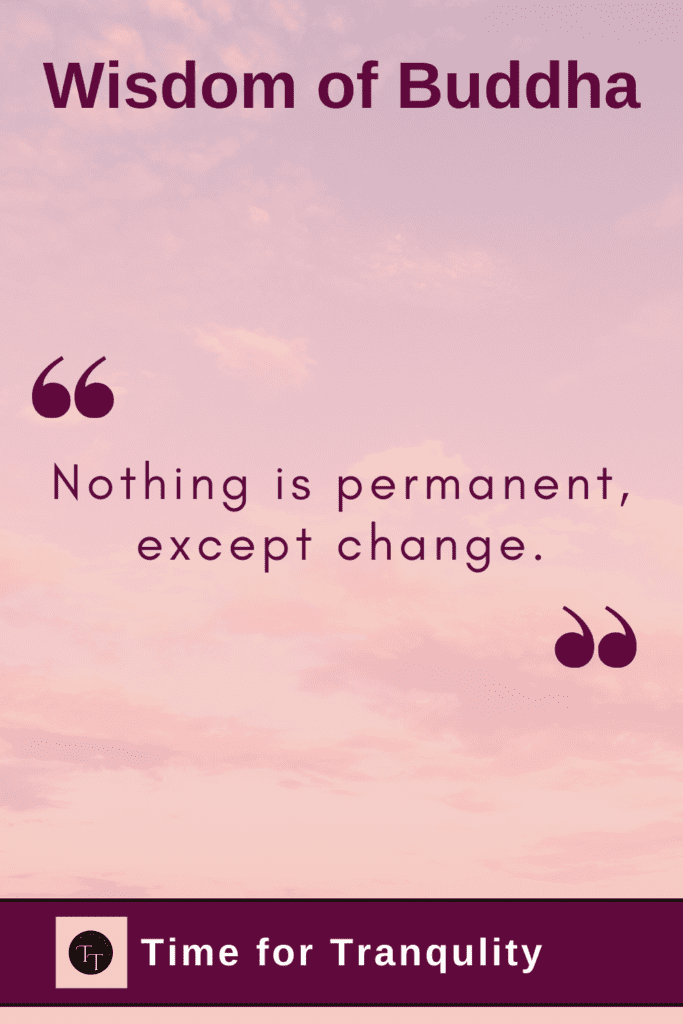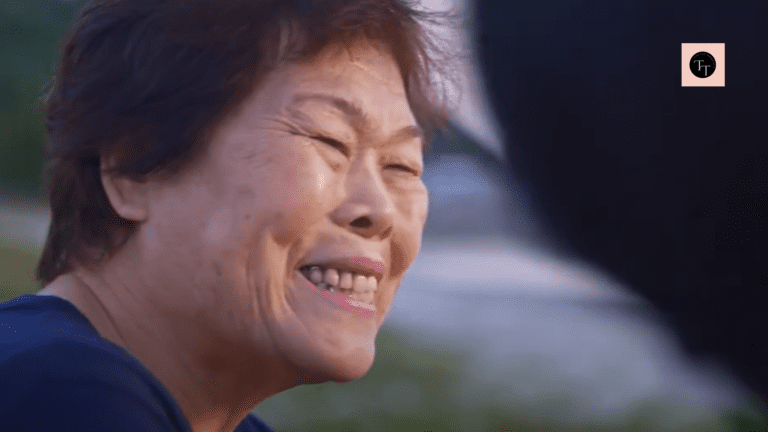How to Overcome Anxiety from Overthinking in Your Golden Years!
Do you often find yourself, lying in bed, sleepless, worrying about everything that could go wrong? This is a sign of anxiety from overthinking!
You try to sleep, but your mind keeps racing ahead—picking apart small details, worrying about what may happen tomorrow, next week, or even years from now. This relentless mental chatter feels impossible to silence, leaving you anxious and exhausted.
If this sounds familiar, you’re not alone. Many women get stuck in cycles of overthinking. Anxiety from overthinking, if not addressed, only gets worse with age. What once might have been fleeting worries can become an almost constant presence as we face uncertainty about the future, our health, and our purpose.
Overthinking is a downward spiral. The more you think, the more you get trapped in the quicksand of anxiety. Anxiety from overthinking can lead to feelings of helplessness and even overwhelm, stealing away the peace, tranquility, and joy you deeply crave.
Anxiety from overthinking is isolating, too, making it seem as though there’s no escape from our thoughts and worries. Life seems utterly miserable; not worth living.
Check out this video-style podcast on this article.
Fortunately, there is a way to quiet the mind, step back from the chaos of overthinking, and find peace. Ancient civilizations like Hinduism, Buddhism, and Zen had discovered the solution, centuries ago. Current scientific studies have confirmed that mindfulness practice reduces stress and anxiety, especially in seniors.
“For the overthinkers out there, mindfulness can be a life-saver.” – PsychAlive
I can speak for myself. My quest for self-discovery after the pandemic led me to the East, where I discovered mindfulness and meditation. The practical tools and spiritual practices rooted in ancient wisdom helped me regain control over my stress, anxiety, and life!
Understanding Anxiety from Overthinking
Our minds are like restless monkeys, jumping from branch to branch, thought to thought, never staying still for long. In Zen Buddhism, this concept is called “Monkey Mind,” a powerful metaphor for the chaos that often takes over our thoughts.
Anxiety relates to the uncertainty of future events. To a degree, it is natural, even good, as it keeps you on your toes. You do not get complacent. But beyond a point, anxiety from overthinking can leave you feeling mentally and emotionally drained.
Ancient wisdom reminds us that our attachment to thoughts fuels anxiety. In Hindu and Zen teachings, thoughts are treated like passing clouds—they don’t define us. Recognize their impermanence.

Mindfulness meditation, as taught by Buddhism, teaches you to observe your thoughts without clinging to them. Thoughts are simply passing clouds in the sky of your mind. They come and go, but they do not determine who you are.
Practicing Presence Through Mindful Breathing
Mindful Breathing is an effective way to reduce anxiety from overthinking!
When you get lost in overthinking, your thoughts race ahead or linger in the past, creating anxiety about what might be or regret about what was. Mindful breathing is a simple yet powerful tool to bring you back to the present moment—where worries and anxious thoughts can’t reach you.
In many ancient spiritual traditions, including Zen Buddhism and Hinduism, the breath is considered symbolic of life itself; a bridge between the mind and body.
The Yogic practice of Pranayama is a technique to regulate your breathing. Pranayama calms not only the body but the mind as well. In Zen Buddhism, breath awareness is central to Zazen meditation, where the breath acts as an anchor, allowing practitioners to remain present and grounded.
You don’t need to become a meditation expert to benefit from mindful breathing. It’s about focusing on the rhythm of your breath.
Deep breathing engages the parasympathetic nervous system (the ‘rest-and-digest’ system) to help reduce feelings of anxiety by slowing the heart rate, reducing blood pressure, and relaxing muscles in the gastrointestinal tract.
Here is an easy mindful breathing exercise that you can practice anywhere, anytime you start to feel overwhelmed by anxiety from overthinking:
The 4-4-4-4 Breathing Technique:
- Inhale deeply through your nose for a count of 4.
- Hold your breath for a count of 4.
- Exhale slowly and completely through your mouth for a count of 4.
- Hold again for a count of 4 before inhaling again.
Repeat this cycle for a few minutes, allowing yourself to focus solely on the sensation of your breath. Notice how the act of breathing brings you back to the present moment. The anxious thoughts might still be there, but with each breath, they lose a bit of their grip on your mind.
Mindful breathing also acts as a spiritual practice. In both Zen and Hindu traditions, the breath is considered sacred—it’s seen as the life force (or prana in Sanskrit) that connects us to the universe. When we breathe mindfully, we aren’t just calming the mind; we’re deepening our connection to the present moment, to our spiritual self, and to the world around us.
Integrating Mindful Breathing into Your Day
- Morning Practice: Start your day by sitting quietly for 5 minutes and practicing the 4-4-4-4 technique. This sets a calm, intentional tone for the rest of your day.
- On-the-Go: Pause and take a few mindful breaths to re-center yourself whenever you are overwhelmed by anxiety from overthinking.
- Before Sleep: Overthinking often keeps us awake at night. Try a few rounds of mindful breathing before bed to calm your mind and help you drift into a peaceful sleep.
With consistent practice, mindful breathing becomes a reliable tool in your spiritual toolkit. Deploy it whenever overthinking threatens your peace. The beauty of this practice is that it reminds us that peace is always just a breath away.
Letting Go: The Art of Non-Attachment
Overthinking stems from our desire to control situations and outcomes. We can do our best but the outcomes depend on many factors that are not in our control.
Ancient wisdom from Hinduism and Zen Buddhism teaches us the importance of non-attachment, or the ability to let go of thoughts and worries that no longer serve us.
This doesn’t mean ignoring your thoughts. It means acknowledging them but not allowing them to define you or control your emotions.
A practical exercise to foster non-attachment is journaling. Write down your worries in one column, and in the next, remind yourself, “This does not define me.”
By recognizing that thoughts are temporary and do not control who you are, you can begin to release their hold on you.
Non-attachment is about finding peace in uncertainty and understanding that we can’t control everything. Over time, letting go of anxious thoughts creates more space for peace, joy, and the present moment.
It’s not about indifference—it’s about freeing your mind from the grip of overthinking and finding tranquility in acceptance.
Building a Daily Ritual for Inner Peace
Another effective way to overcome anxiety from overthinking is to establish a daily spiritual ritual—a routine that centers you, brings you peace, and helps you stay present.
Creating structure through simple, mindful practices can gently train your mind to focus on the now, rather than letting it wander into anxious thoughts about the uncertain future.
Start your day with a calming morning routine. This could include a few minutes of gentle stretching or yoga.
Follow this with 10-15 minutes of mindful breathing. As you breathe, allow yourself to notice the stillness of the morning and set a peaceful tone for the day. If weather permits, practice mindful breathing outdoors.
In the evening, create a soothing wind-down ritual. Light a candle, sit quietly for a few minutes, and reflect on the day. Incorporate a gratitude ritual by acknowledging one or two things that brought you joy or peace.
There is a reason rituals are an important aspect of all human civilizations. They bring stability to our lives and stop us from overthinking.
Try Finding Joy in Simple Moments
Little do we realize that there are far more precious moments in the present to find joy than to waste our time and mental energy on worries about the future.
One of the core principles in Zen Buddhism is Wabi-Sabi, which teaches us to find beauty in imperfection and simplicity. By embracing this mindset, we can learn to reconnect with the present moment and find peace in the ordinary.
Start by intentionally slowing down and noticing the details around you—whether it’s the aroma of a cup of tea, birds chirping outside, or the warmth of sunshine on your face.
Engage in activities that naturally encourage mindfulness, such as gardening, knitting, or a quiet walk in nature. These practices help ground you in the present moment and make it easier to let go of overthinking.
The more you focus on finding joy in the here and now, the less space there is for anxious thoughts to take root.
Remember, peace doesn’t always come from grand gestures—it’s often found in the small, everyday moments around us. By embracing simplicity, you’ll gradually cultivate a deep sense of tranquility and joy.
In Conclusion
Overcoming anxiety from overthinking is about finding peace with your thoughts rather than trying to silence them. Simple practices like mindful breathing, non-attachment, daily rituals, and finding joy in the present can help ease the mind and bring calm.
Start small and stay consistent—whether through a few mindful breaths or silence in solitude. Over time, these habits will help you feel more grounded and peaceful, reducing the grip of overthinking.
Remember, peace is within your reach, one small step at a time.






